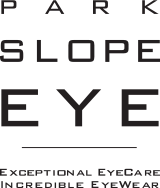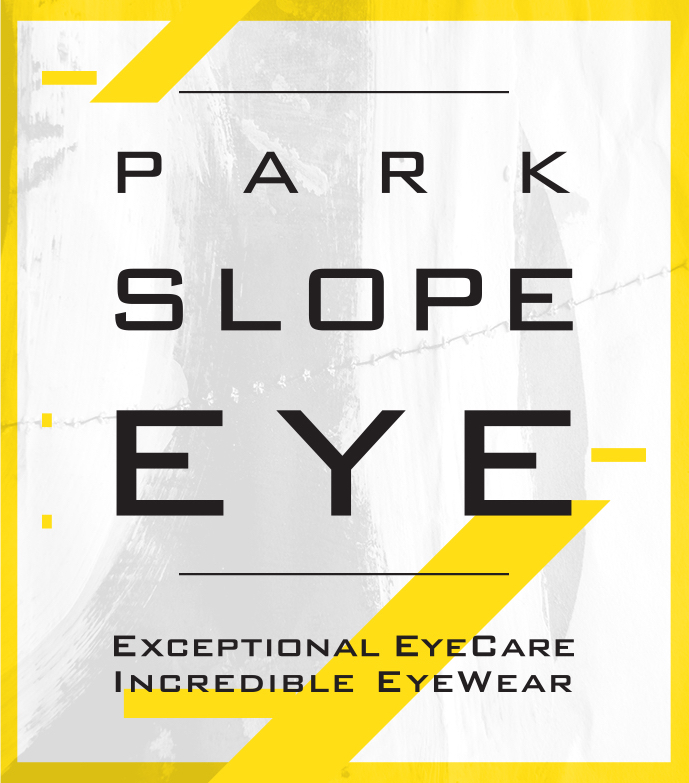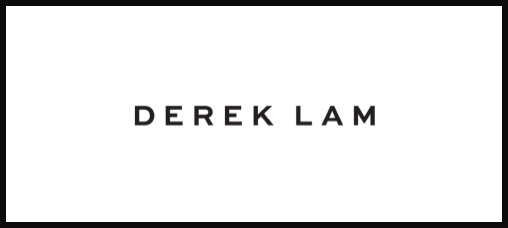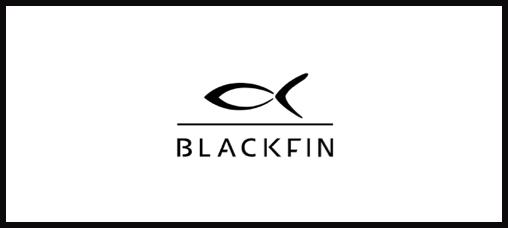Suffering from a chronic disease can be, at the very least, quite overwhelming. While some health conditions are graver than the others, there are those — such as dry eye disease — that can be managed and kept at bay with the help of various treatment methods.

Today’s article from your eye care clinic, Park Slope Eye, sheds light on the basics of dry eyes.
Defining Dry Eye Disease
Dry eye disease, otherwise known as dry eyes, is a chronic condition that typically affects the ability of the tear glands to produce adequate or good quality tears, which are essential for enabling the eyelids to glide smoothly over the cornea. An inadequate amount of tears or tears of poor quality can greatly compromise your ocular functions, causing discomfort. Tears also play a critical role in keeping your eyes clean and free of foreign objects, particles of dirt, dust, debris and even bacteria.
The symptoms of dry eyes include a burning, itching, dry or aching sensation in the eyes, as well as light sensitivity and redness. Visit your family eye care clinic right away if you or a member of your family experience any of these symptoms.
What Causes Dry Eyes?
There are various factors that contribute to the development of dry eyes. Tear ducts deteriorate as part of the aging process, thus affecting the quantity and quality of tears. Women are also more prone to developing dry eyes due to various hormonal changes that occur during pregnancy and menopause. Taking oral contraceptives can also affect tear production. Certain medications, including antihistamines and antidepressants, can cause dry eyes as well, as can certain health conditions like diabetes and thyroid problems.
Prolonged exposure to phone and computer screens and arid climates can aggravate the disease. It’s worth noting that LASIK can also cause dry eyes. If any of these conditions are making your dry eyes worse, you can consult your eye doctor from Park Slope Eye regarding the best course of action.
Treatment
Dry eyes treatment often involves tear management in the form of artificial tears. For severe cases, punctal plugs may be recommended. These silicone or gel plugs block tear ducts where tears are drained, keeping the tears on the surface of the eyes for a longer period.
Turn to Park Slope Eye for quality vision care. Call us at (347) 380-7070 to set an appointment. We work with patients of all ages in Park Slope and other areas in Brooklyn, NY.
